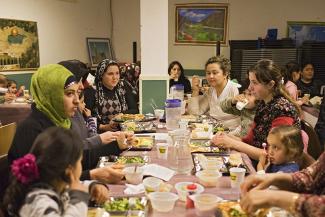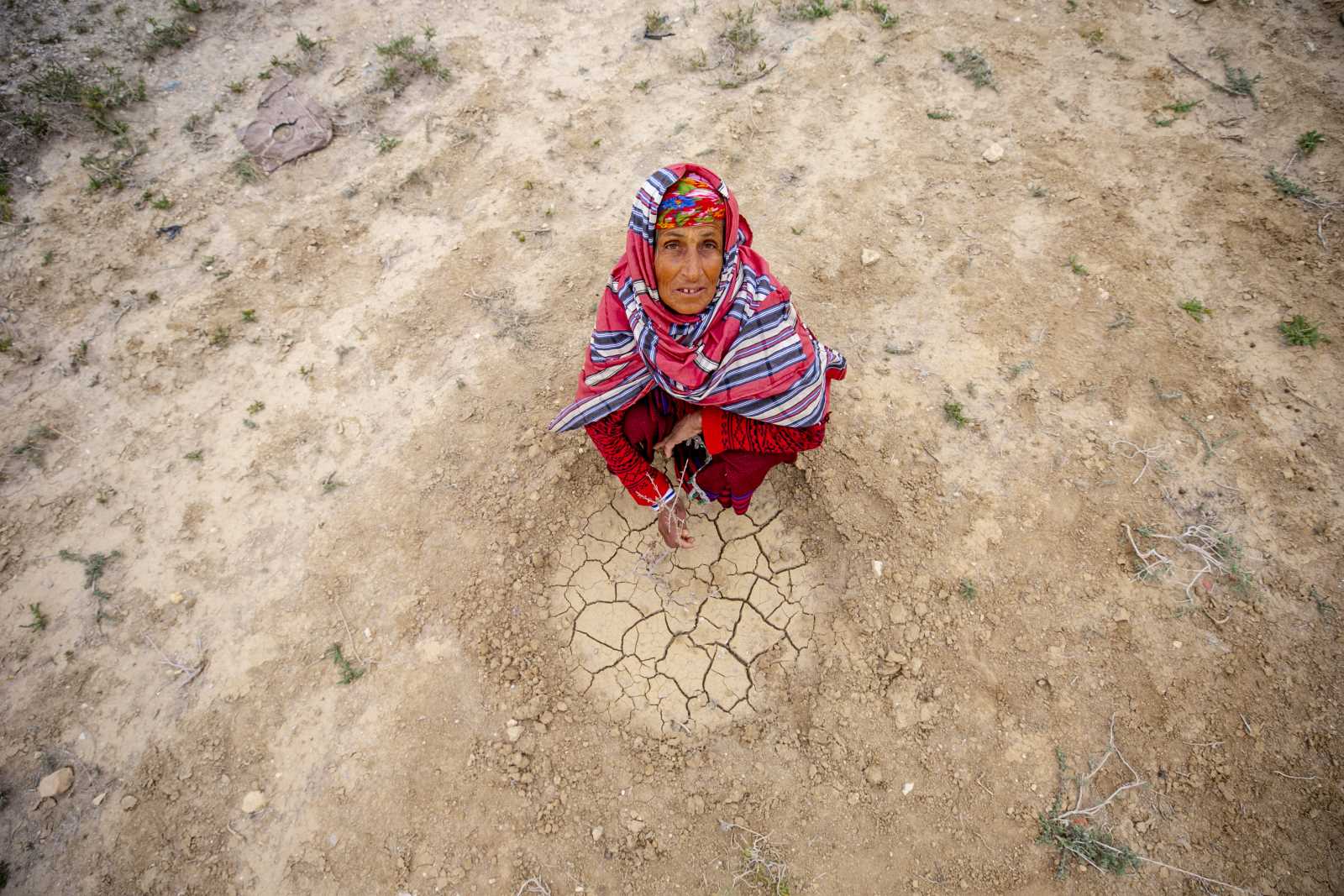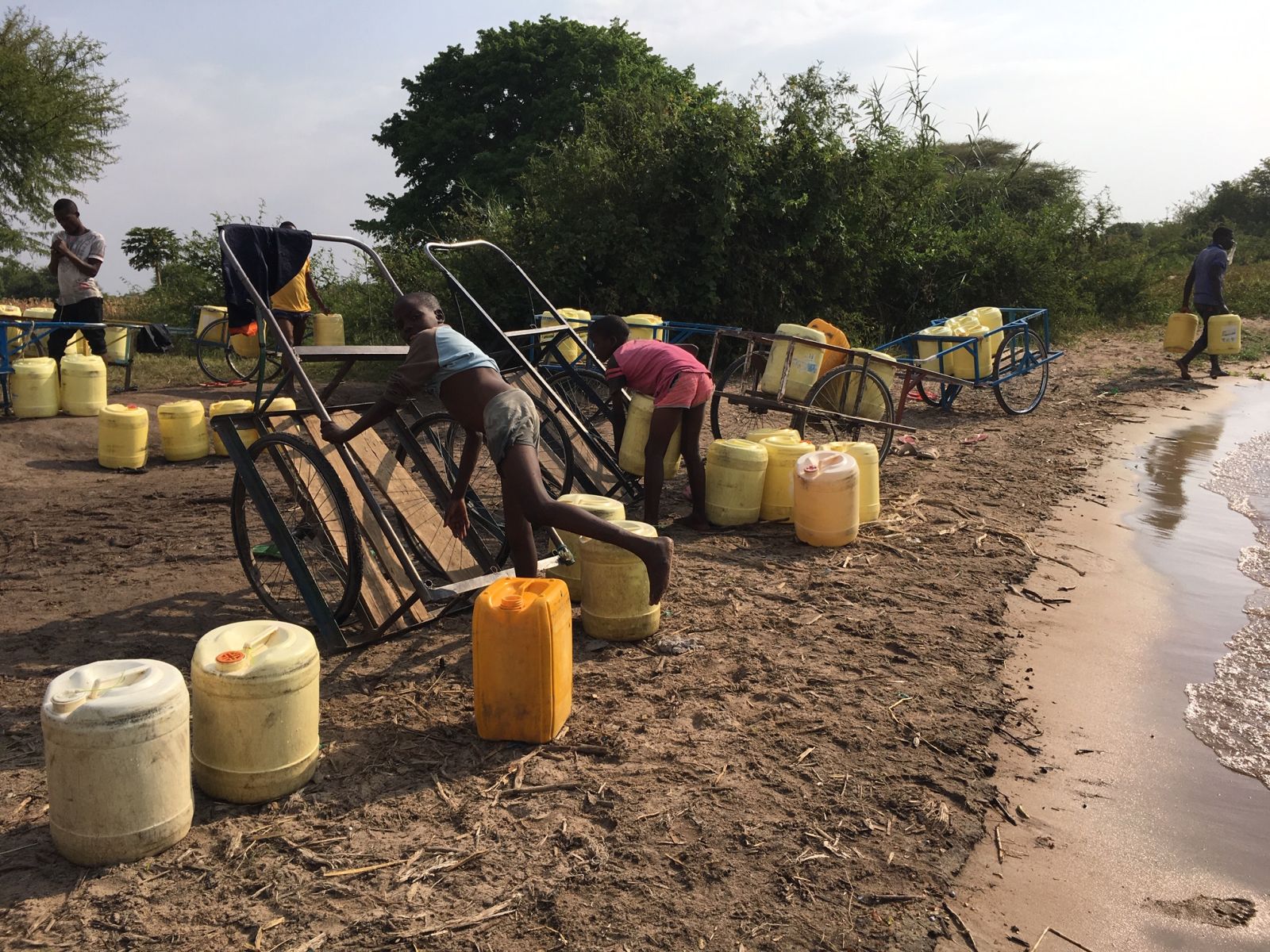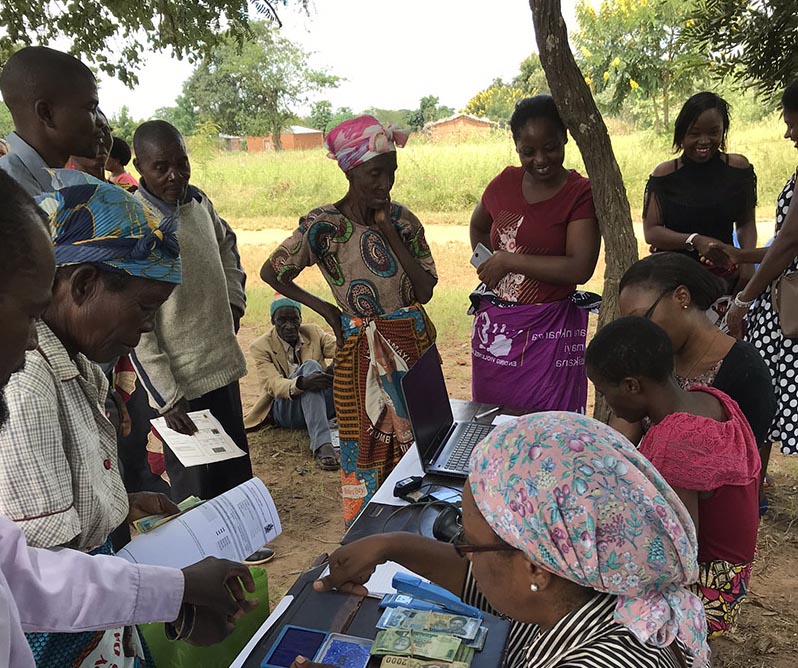Religion and development
Ambitious mission

Many people in secularised Europe forget that we live in a world that is shaped by religion. It is only fair to say that the global south is very religious. But people in industrialised countries too consider themselves very religious and not only in the USA, Canada or Switzerland. An essentially religious outlook has impacts on how people live. It plays a major role in processes of change. Development policy is about improving lives, building institutions and boosting economic activity in developing countries. It would be wrong to ignore religious communities in this context.
State actors in Germany have realised the need for action. For decades, religious communities and their representatives were side-lined and not considered good partners for official development assistance (ODA). The guiding idea was that cooperation with faith-based agencies would fly in the face of the religious and ideological neutrality of the state. As a result, development policymakers missed opportunities to get important civil-society partners on board.
In 2014, Germany’s Federal Ministry for Economic Cooperation and Development (BMZ) started to take remedial action. The starting point was that faith communities matter for achieving development objectives because they reach masses of people and are powerful multipliers. This is one of the reasons why church-run aid agencies tend to be rather successful.
The BMZ laid the foundations for cooperation with religious organisations in 2016. They are spelled out in the strategy paper entitled “Religions as partners in development cooperation”. It lists ten essential measures. They include amongst others:
- gaining new partners – stepping up cooperation with religious actors,
- developing networks – strengthening religious aid organisations’ capacities,
- raising religious literacy,
- factoring in religion and
- joining forces – forging an international alliance.
Faith-based actors are powerful civic forces. They work in diverse ways to promote sustainable development. The BMZ’s response is to cooperate with religious communities on implementing action to attain the Sustainable Development Goals (SDGs). The idea is certainly not to support missionaries. In scope and orientation, BMZ cooperation is not denominational. The addresses are not simply the established Christian partners. Indeed, people and organisations of other religions are just as welcome, and they are paid particular attention.
Challenging task
We are still at a fairly early stage of leveraging religious communities’ potential for international cooperation. However, important steps have been taken and a great deal has been achieved (see background information). We appreciate that we have launched a challenging and perhaps even audacious programme. A precondition for cooperation with religious communities, religious actors and faith-based organisations (FBOs) is that the German government does not support or promote religious activities but only civic and socio-political engagement. There must be neither religious nor ideological bias.
German development policy is indeed neutral in religious and ideological terms, but it is value-based nonetheless. Our work is geared to the criteria of sustainability, rule of law – with a special emphasis on human rights – and respect for democratic principles. On this basis, we endorse the fundamental right of religious freedom. It needs to be secured and guaranteed worldwide, not least in view of religious communities’ potential for contributing to SDG achievement.
What do we want to achieve?
We want to join forces with religious communities, relevant faith-based actors and FBOs as partners and break new ground in collaboration with them. We want to make the huge potential visible – and tap it. The focus is not so much on an inter-religious or intra-religious dialogue – in which the BMZ, as a secular government agency, does not engage. We focus on development-oriented, socio-political debate with religious communities, their leaders and FBOs. Such dialogue increasingly leads to inter-faith cooperation. We support that trend because it generates positive social capital and helps to shape policymaking and business in the global south in partnership with principled players who have the capacities to make major contributions.
Interest in what links development and religious faith has increased significantly in recent years at both EU and UN level. We want to raise awareness of the opportunities presented by these partnerships – across the development community and among the general public.
Berthold Weig is Senior Policy Officer for religion and development at Germany’s Federal Ministry for Economic Cooperation and Development (BMZ).
berthold.weig@bmz.bund.de
Link
BMZ strategy paper, 2016: Religionen als Partner in der Entwicklungszusammenarbeit (Religions as partners in development cooperation – only in German).
https://www.bmz.de/de/mediathek/publikationen/reihen/infobroschueren_flyer/infobroschueren/Materialie275_religionen_als_partner.pdf













